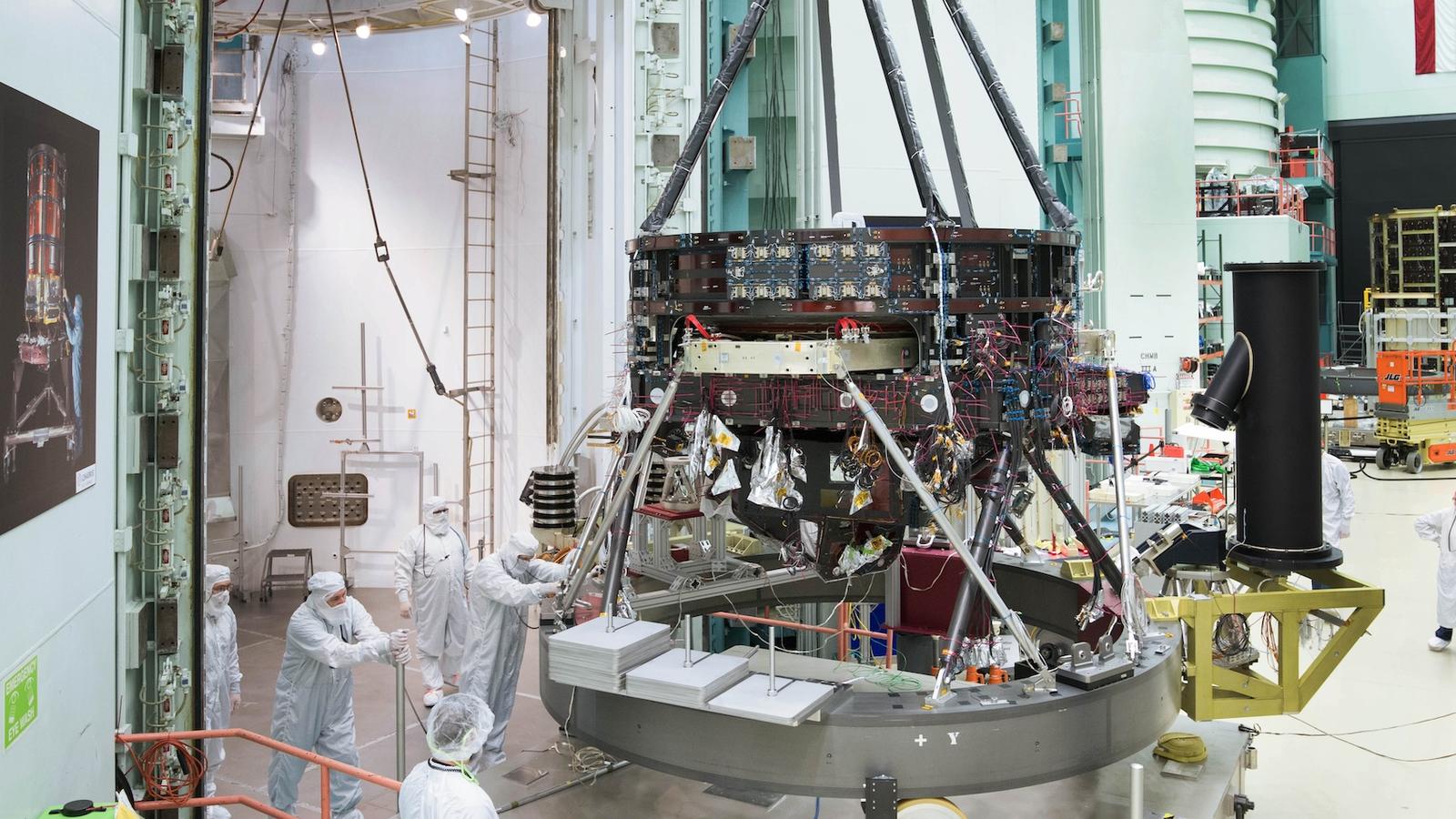The work of faculty and students at North Carolina Central University (NCCU) will travel 1 million miles from earth.
NCCU is part of a consortium of 14 universities and other entities working on the Nancy Grace Roman Space Telescope, the third in a series that started with the Edwin Hubble Space Telescope launch in 1990 and the James Webb Space Telescope launch in December 2021.
The Roman telescope is scheduled to launch by May 2027, according to the NASA website.
It will be used to explore dark energy and dark matter.
“Together, they make up 95% of the universe and we don’t even know what those are,” said Dan Scolnic, Ph.D., associate professor of physics at Duke University. Duke University is the lead institution in this consortium.
The Roman telescope will also examine the expansion of the universe and how that expansion is accelerating. One of the ways it will do that is by focusing on supernova or exploding stars to measure how big the universe is at different times in its history.
Diane Markoff, Ph.D., professor of physics at NCCU, explains.
“You can look at the same place over a period of time to find exploding stars” Markoff said. “Then, when the telescope detects so much light in a certain direction, we can figure out where it came from and how long it took to get here.”
Markoff compares it to catching some light from a moving or a pulsing bulb. “If you calibrate your detector system, then from the measurement of a small amount of light over time, you can interpret how far away it is and how fast it is moving.”
With a field of view that is 100 times the size of the Hubble telescope, the Roman telescope is better qualified to explore such questions.
Once the telescope is launched, it will go into a stable orbit 1 million miles out, where both the earth and the sun are pulling on it. Unlike the Hubble telescope, once the Roman telescope is launched, there will be no opportunity to make repairs.
NCCU and other universities will be busy long after it is launched. The consortium will interpret the data from the Roman telescope over the next 10 – 15 years.
Scolnic said the information gained from the Roman telescope will be state of the art. “The number of supernovae we find with it will be more than anyone has in the history of humanity.”
The total cost of the project is $3.6 billion. The consortium led by Duke University will get $11 million of that.
NCCU’s portion will support hiring an astrophysicist during the 2024-2025 school year. That new hire will grow the astrophysics and astronomy parts of the NCCU Department of Mathematics and Physics, Markoff said.
NCCU students will have an opportunity to work on the project in collaboration with Duke University faculty and students, Markoff said.
